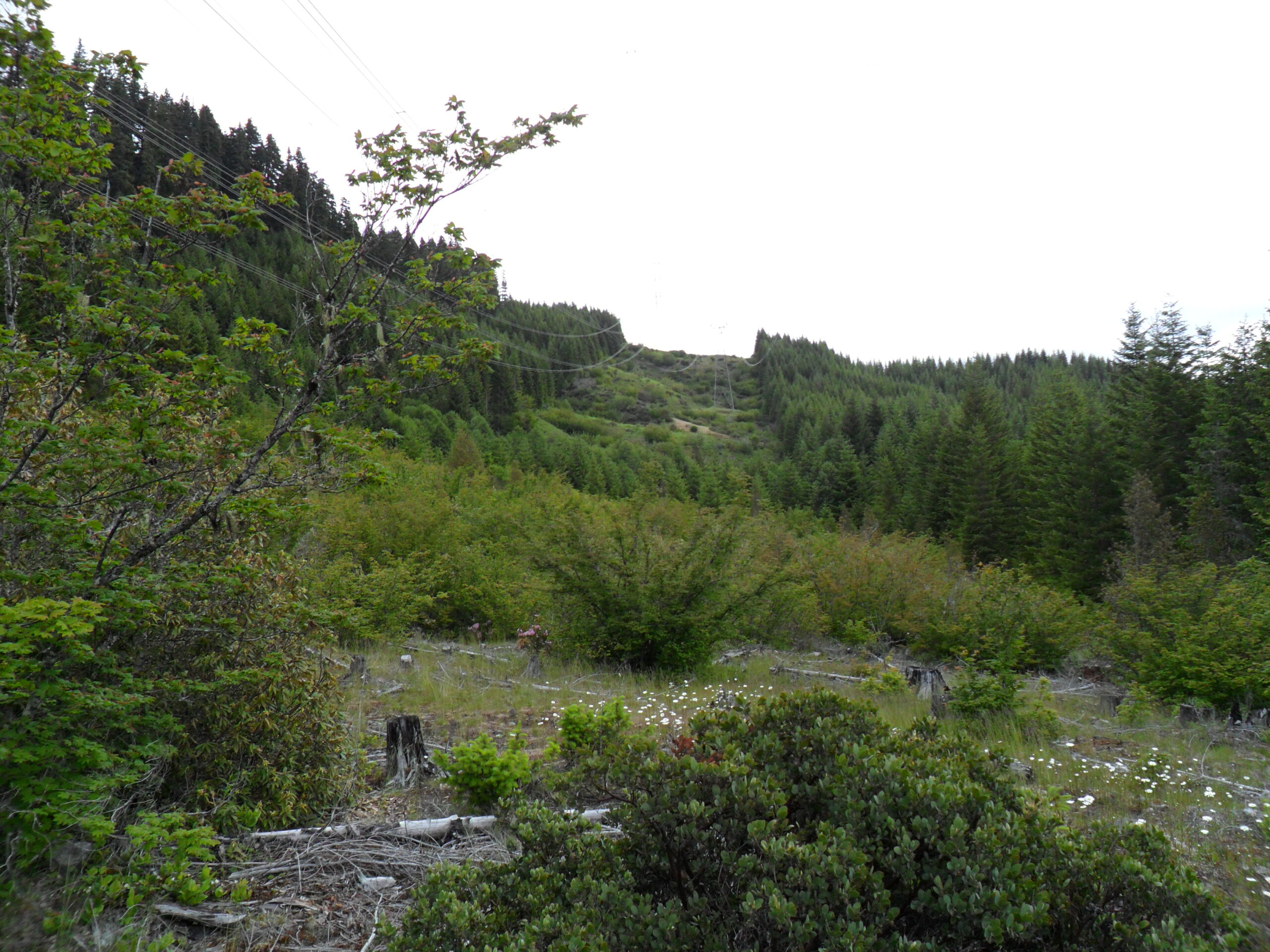Jazz Timber Sale

Bark has been fighting the Jazz Timber Sale since its inception in 2011. Jazz made headlines in December 2012, earning a front page story in the Oregonian on the former Mt. Hood Forest Supervisor’s decision to withdraw his approval of the logging project. This marked one of the first times a major story has been published on the ecological controversy associated with forest thinning and associated road impacts.
Unfortunately, the Jazz Timber Sale was reintroduced – without substantive changes to address our concerns – by the new Mt. Hood Forest Supervisor Lisa Northrop. This action prompted an appeal by Bark, and an unsuccessful appeal negotiation meeting in which the Forest Service was unwilling to discuss a resolution that would mitigate the impacts of logging in this ecologically sensitive area.
In July 2013, Bark filed a lawsuit challenging the Forest Service on the Jazz Timber Sale. Bark’s lawsuit alleges that the Forest Service did not comply with the National Environmental Policy Act (NEPA) and National Forest Management Act (NFMA) in its decision to log this geologically unstable watershed. Despite active litigation, the Forest Service proceeded with entering into contracts with Candian timber giant Interfor to log the component Bass, Tuba and Drum sales (note the Jazz theme).
For more information on the details of our lawsuit please read the article, ‘Bark Sues on Jazz Timber Sale.’ Bark is represented in the lawsuit by Staff Attorney Brenna Bell, and by Dave Becker of the Law Office of David H. Becker, LLC.
On April 11, 2014 Judge Hernandez dismissed Bark’s factual and legal challenges, deferring to the Forest Service and essentially rubber stamping all of the Forest Service’s claims that the sale is legal. To reach this conclusion, the judge had to ignore the information Bark groundtruthers collected, the conclusions of expert hydrologist Jon Rhodes, and extensive legal precedent. To illustrate the huge difference between conditions in the forest, and how they were described by the EA, Bark teamed up with film maker Trip Jennings to make a short video about Jazz.
Bark has appealed this decision to the Ninth Circuit Court of Appeals, and will have oral arguments before the court on March 2, 2015 (briefs below!). During this time, no roads were built in the Jazz project area.
On April 15, 2015, Bark learned that the Ninth Circuit Court of Appeals found in favor of the Forest Service in the lawsuit. Their opinion was very short and shallow, and did little more than recapitulate the Forest Service’s arguments. While disappointing, it points to the need for more education and organizing around the myth of “restoration” logging to create the climate where litigation can succeed.
Background: The Forest Service initiated planning for the Jazz Timber Sale in 2011, with a proposal to log about 2,000 acres spread throughout 30 square miles of the Collawash River watershed. The Collawash is a tributary to the Clackamas River and is host to the last wild late run of winter coho salmon, making it key spot for the survival of this species. The Collawash is also considered the most geologically-unstable area in all of Mt. Hood National Forest, located on a geological formation known as an earthflow. Earthflows are described by the Forest Service as slow moving glaciers of soil. Logging loosens soil and increases sediment runoff into streams and rivers, and Bark is concerned these impacts would be magnified on this unstable landscape, and would negatively impact water health and salmon habitat.
The Jazz Timber Sale is being billed as restoration, yet would allocate time and money to re-build 11 miles of old roads that have been either been actively decommissioned by the Forest Service or are naturally reincorporating into the landscape. Additionally, the large size and vast span of Jazz makes it very difficult for the public, let alone the Forest Service, to accurately gauge the environmental effects. Nonetheless, Bark groundtruthers have spent more than 600 hours to survey all proposed Jazz units.
Resources for Comment-Writing
Roads
The Jazz Timber Sale would require the re-opening and re-construction of 12 miles of previously decommissioned roads.
Associated Files